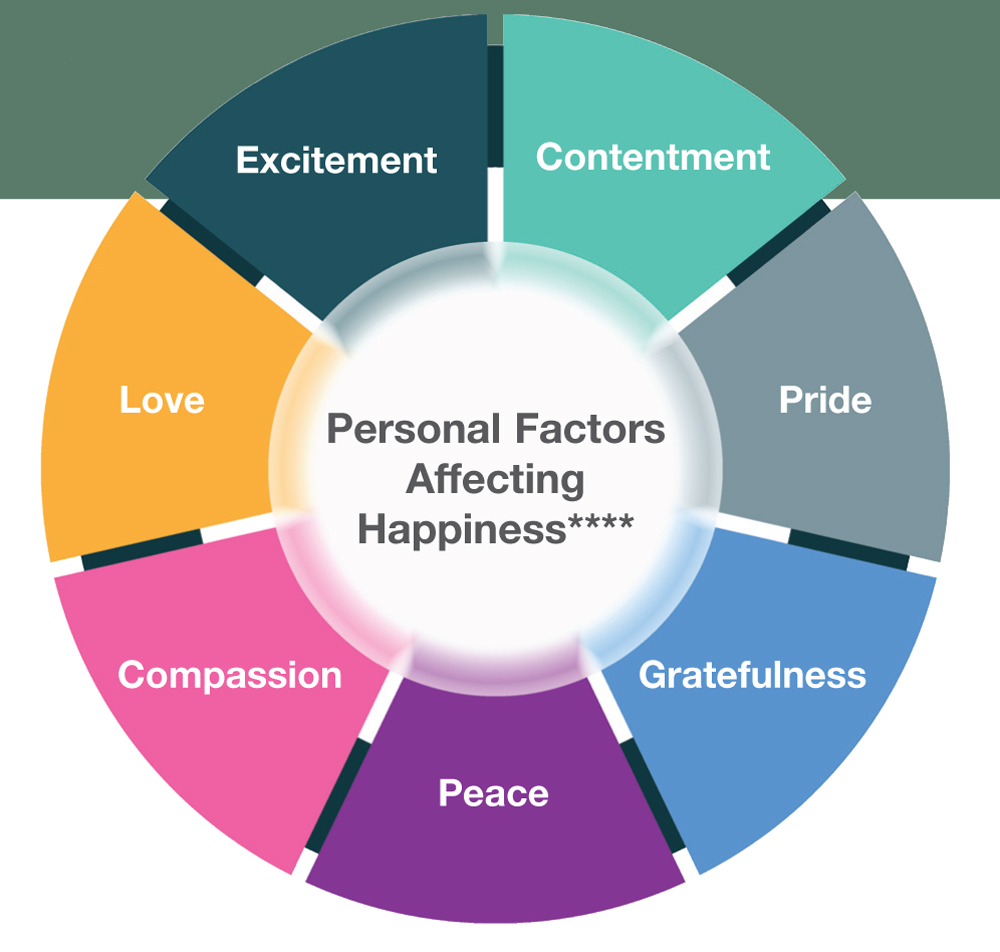SUBSCRIBE
Enter your Name and Email address to get
the newsletter delivered to your inbox.
Please include name of person that directed you to my online newsletter so I can thank them personally.


Nate Obringer, CFP®, RICP®
Financial Planner
Prudential Advisors
9800B McKnight Road, Suite 223
Pittsburgh, PA 15237
Phone: 412-318-4129
Fax: 877-840-2322
Email: nate.obringer@prudential.com

Everyone views wealth in a very personal way. Life experiences often influence those views. Many studies have been done on the subject, and here are some of the findings.
People at all income levels are tempted to use raises and bonuses to splurge. Before you treat yourself, financial professionals advise you to consider using raises and bonuses for any outstanding debt, to increase retirement savings, and for other investments. Then, treat yourself.
*Well Being Depends on Social Comparison, 2021
**Long-Run Effects of Lottery Wealth on Psychological Well-Being, 2020
***American Psychological Association, cited by Psychology Today, 2024
****American Psychological Association, cited by Psychology Today, 2024
1081089-00001-00
Enter your Name and Email address to get
the newsletter delivered to your inbox.
Please include name of person that directed you to my online newsletter so I can thank them personally.
Enter your Name, Email Address and a short message. We'll respond to you as soon as possible.
Nate Obringer is a Financial Planner with, and offers securities and investment advisory services through LPL Enterprise (LPLE), a Registered Investment Advisor, Member FINRA/SIPC, and an affiliate of LPL Financial.
"Prudential Advisors" is a brand name for the proprietary retail sales channel of The Prudential Insurance Company of America ("PICA") and its insurance company and other affiliates (collectively "Prudential"). Prudential Advisors financial professionals are licensed insurance agents of Prudential.
Pursuant to a strategic relationship among Prudential, LPLE, and LPL Financial, Prudential Advisors financial professionals provide securities brokerage services and/or investment advice on securities solely as registered persons of LPLE, an affiliate of LPL Financial. These financial professionals are permitted to brand under "Prudential Advisors". LPLE and LPL Financial are not affiliated with Prudential.
This newsletter is general educational information provided by a Prudential Financial Professional and is not intended to market or sell any specific products and services, but rather provide general information about the subject matter covered only.
Prudential Advisors and LTM Marketing Specialists LLC are unrelated companies. This publication was prepared for the publication’s provider by LTM Client Marketing, an unrelated third party. Articles are not written or produced by the named representative.
The information and opinions contained in this web site are obtained from sources believed to be reliable, but their accuracy cannot be guaranteed. The publishers assume no responsibility for errors and omissions or for any damages resulting from the use of the published information. This web site is published with the understanding that it does not render legal, accounting, financial, or other professional advice. Whole or partial reproduction of this web site is forbidden without the written permission of the publisher.